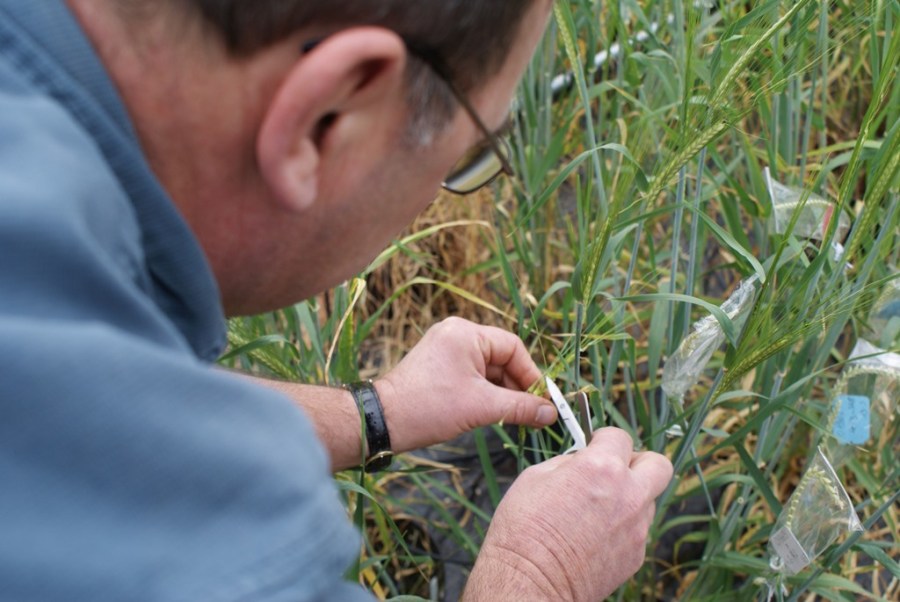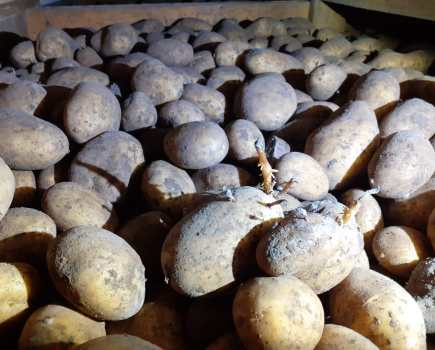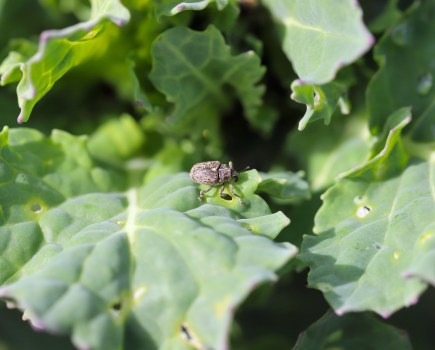A public consultation will start this autumn on post-Brexit regulation of precision-breeding techniques such as gene-editing. Tom Allen-Stevens reports.
In what could result in its biggest stand against EU policy to date, the Government has announced it will shortly launch a public consultation on whether to diverge on restrictive GM crop regulation.
Defra minister Lord Gardiner of Kimble told the House of Lords on Tuesday (28 July) that the Government is prepared to make the legislative changes necessary to ensure “a more scientific approach” is taken to plant-breeding techniques such as gene-editing.
Lord Gardiner was responding to an amendment led by the All-Party Parliamentary Group (APPG) on Science and Technology in Agriculture during the Committee Stage debate on the Agriculture Bill.
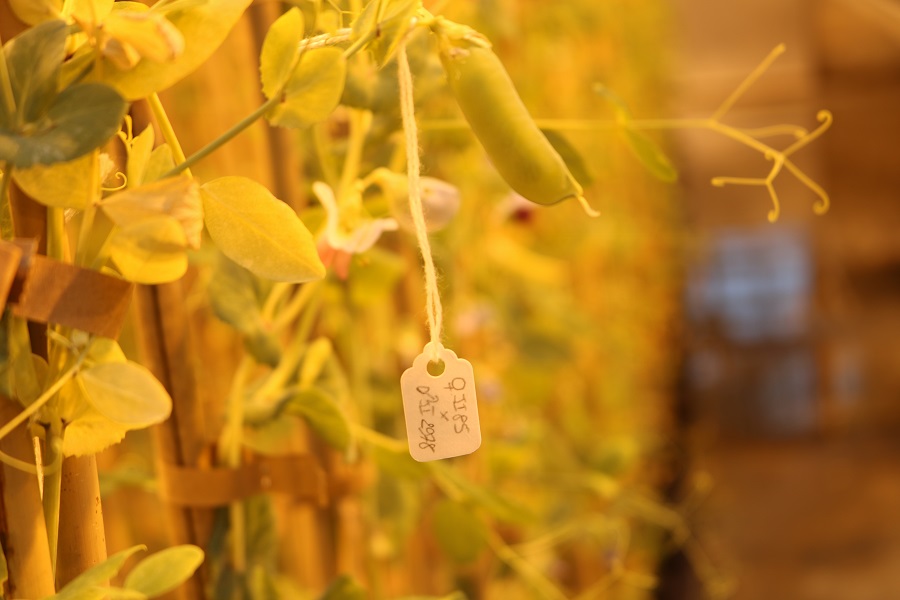
For more on gene-editing and crop improvement, see CPM‘s Genetics Special.
Amendment 275 on agricultural research was tabled by former CLA president and Countryside Agency chair Lord Cameron of Dillington. It would allow the Defra secretary of state to change the way the Environmental Protection Act treats breeding techniques “where nucleic acid changes could have occurred naturally or through traditional breeding methods.”
The Minister reiterated the Government’s longstanding objection to the “unscientific” European Court ruling of July 2018 classifying gene editing techniques as GM.
“Our position was, and is still, that if the products of gene-editing could have been produced naturally or by using traditional breeding methods, they should not be regulated as GMOs,” he said.
“The Government are committed to taking a more scientific approach to regulation. Many scientific institutes, along with the breeding industry and some EU member states, such as Sweden, share our view that the current rules are unscientific and a solution is needed soon if we are to reap the economic and environmental benefits these technologies have to offer, such as more resilient crop varieties, reduced use of synthetic pesticides and more disease-resistant animals.
“It is important that the Government address this matter, both by making any necessary legislative changes and by ensuring public confidence and trust. It is important that these issues are heard and addressed transparently.
“To this end, I place on record that the Government will consult publicly on this issue. Defra is working on the details so that a consultation can be launched in the autumn,” said Lord Gardiner.
Potential benefits
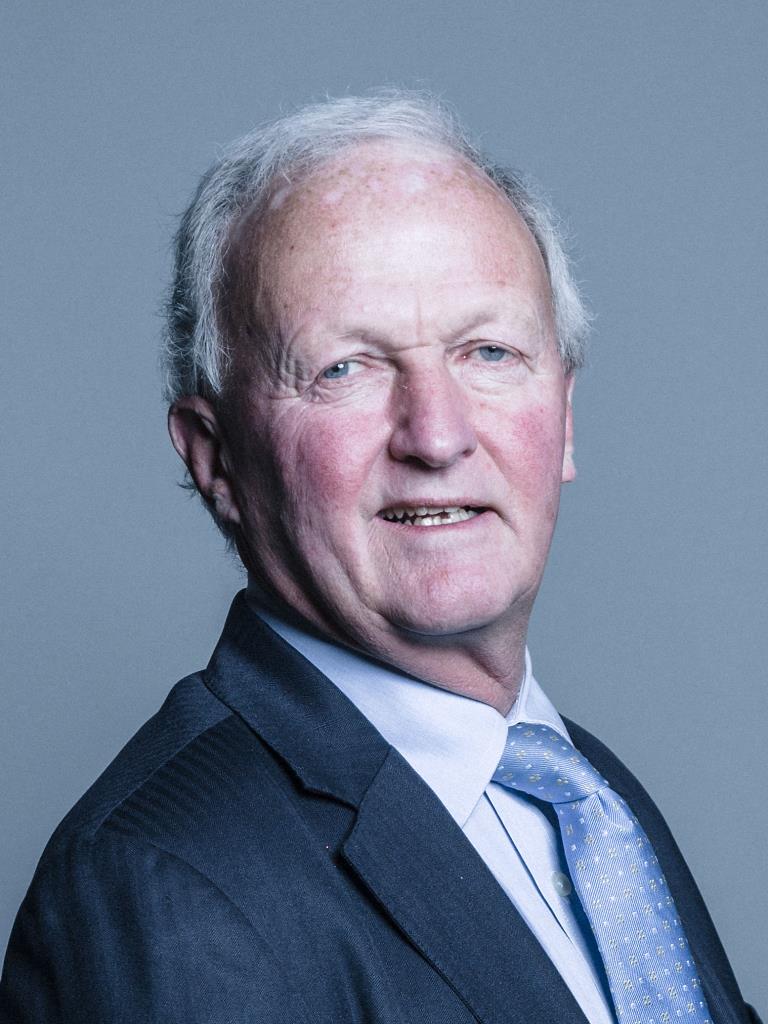
Lord Cameron of Dillington
Lord Cameron welcomed the announcement and highlighted the potential benefits on offer. “Greater access to these techniques will allow future developments to be driven by a wider range of research organisations, mostly led by small businesses and public research organisations, not just large multinationals,” he said.
“It will allow some of the world’s best agricultural research stations, which we have in this country, to team up with smaller research stations in developing countries, which have special crops, often with special local problems.
“By working with these poorer countries, as well as with UK agriculture, we can help farmers everywhere produce the food that their local population requires.”
Lord Cameron pointed out that a change in regulation on gene-editing would also bring UK rules into line with most other countries, apart from the EU, where precise improvements are made within the same species.
“As we emerge from this Covid disaster, it is vital that our scientists are able to employ the precision and speed needed to improve our agriculture and environment with safety,” he added.
Lord Krebs, an eminent zoologist and former chairman of the Food Standards Agency, was among peers who supported the amendment, along with Baroness Hayman, a former Labour agriculture minister and Lord Speaker in the House of Lords, and current co-chair of Peers for the Planet.
Lord Rooker, a former Labour agriculture minister and past chairman of the Food Standards Agency spoke as another advocate of the precision-breeding technology.

